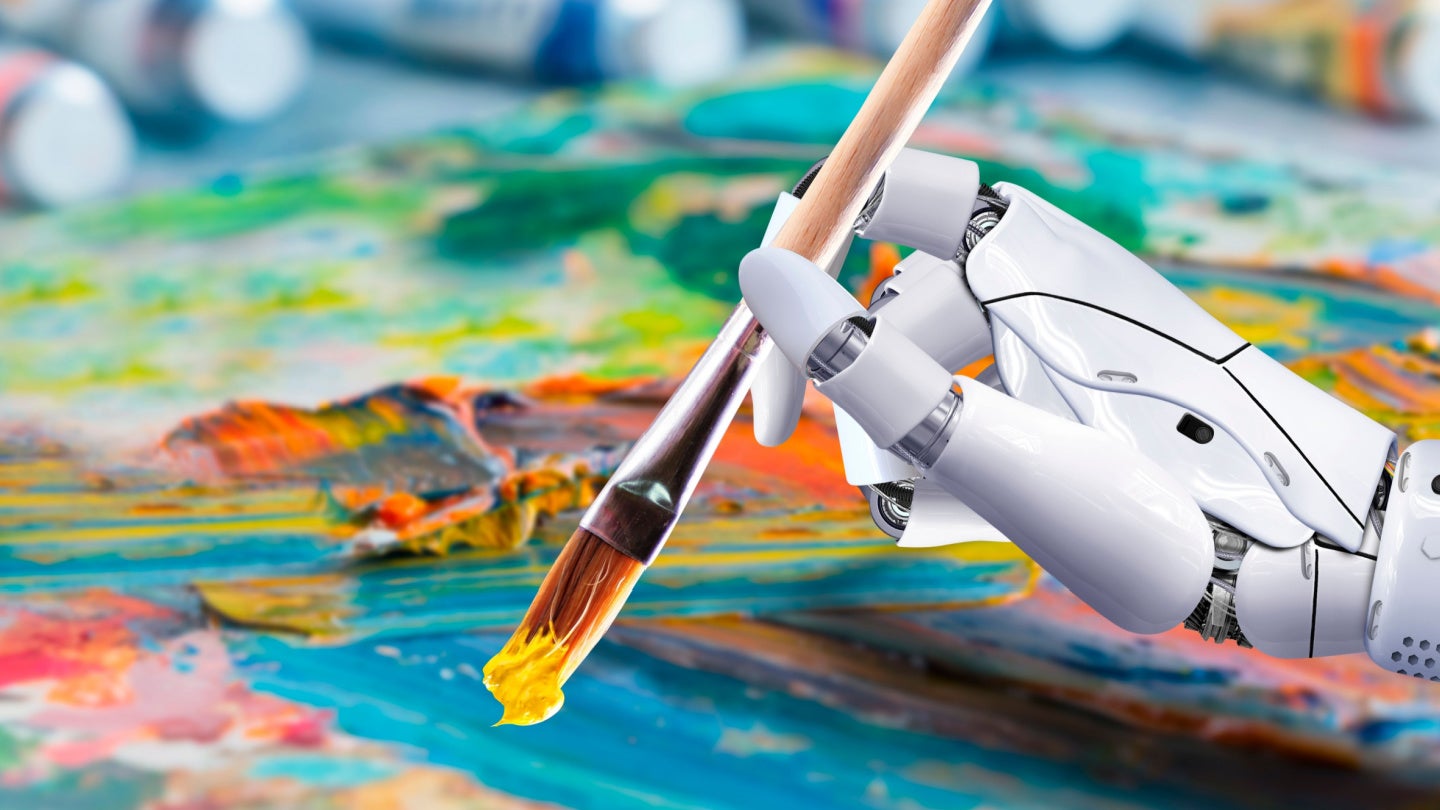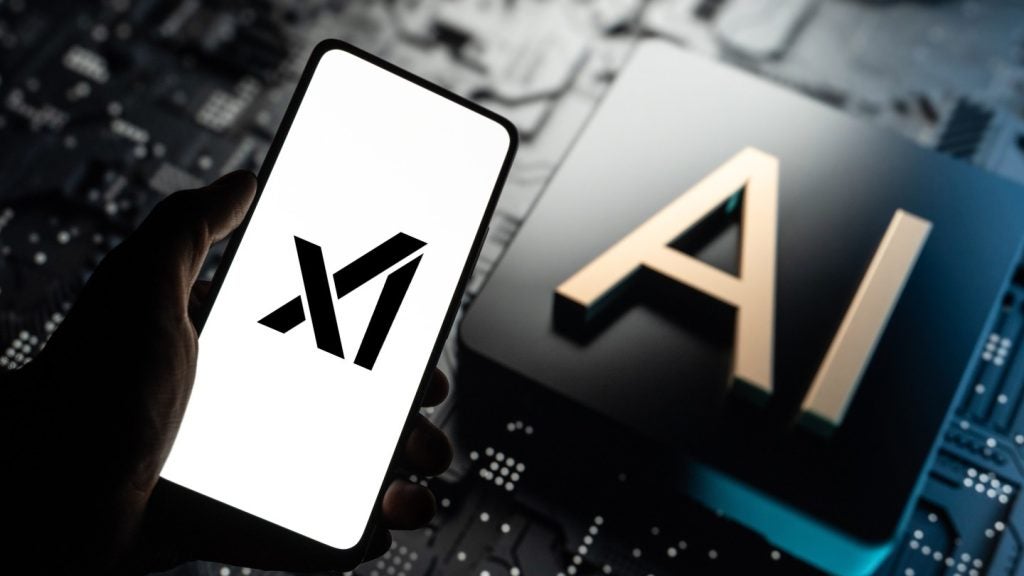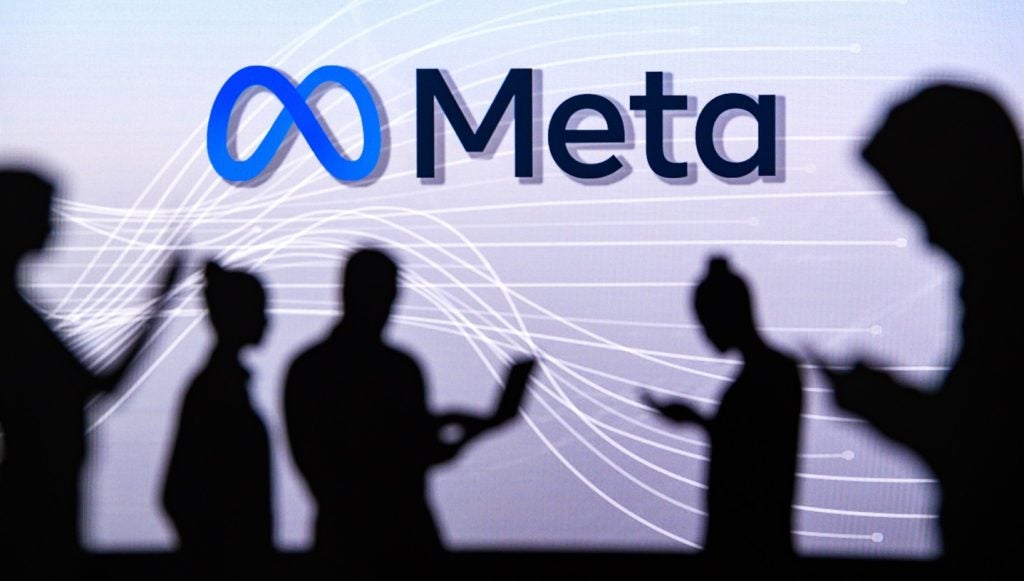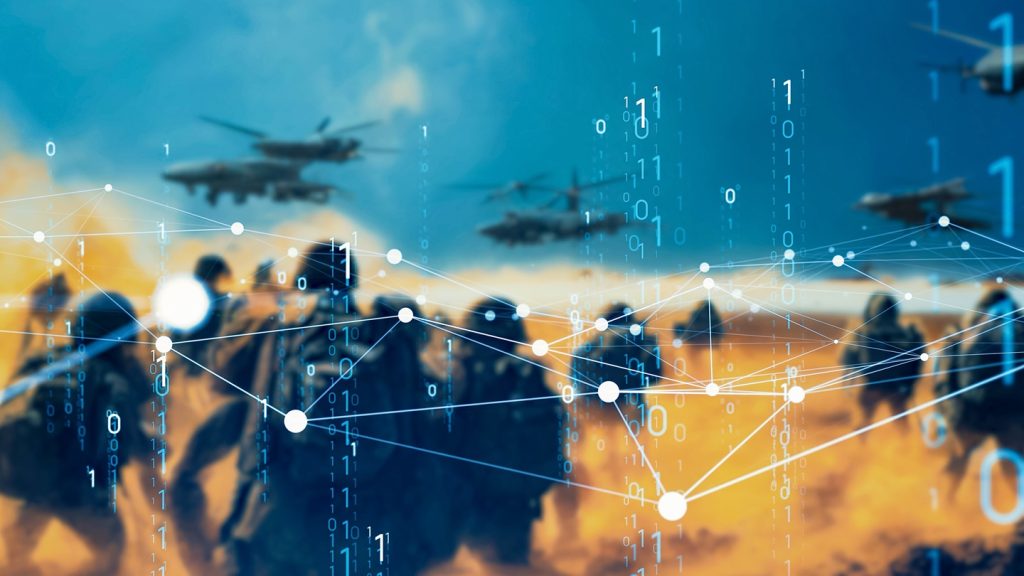
The UK Supreme Court has ruled that artificial intelligence (AI) cannot be listed as the inventor of patent applications, stating only humans or companies can claim inventorship.
The case was first filed by US computer scientist Stephen Thaler after he applied for two patents that had been created by his AI creativity machine, DABUS.
His appeal was unanimously rejected this Wednesday (20 December). Judge David Kitchen explained the court’s decision in a written ruling.
“This appeal is not concerned with the broader question whether technical advances generated by machines acting autonomously and powered by AI should be patentable,” Kitchen wrote.
“Nor is it concerned with the question whether the meaning of the term ‘inventor’ ought to be expanded … to include machines powered by AI which generate new and non-obvious products and processes which may be thought to offer benefits over products and processes which are already known,” Kitchen added.
Thaler previously attempted to file a similar case in the US this year against the US Patent and Trademark Office, but this was rejected by the US Supreme Court.
How well do you really know your competitors?
Access the most comprehensive Company Profiles on the market, powered by GlobalData. Save hours of research. Gain competitive edge.

Thank you!
Your download email will arrive shortly
Not ready to buy yet? Download a free sample
We are confident about the unique quality of our Company Profiles. However, we want you to make the most beneficial decision for your business, so we offer a free sample that you can download by submitting the below form
By GlobalDataPartner at law firm Charles Russell Speechlys Nick White spoke to Verdict about the ruling.
“While it is widely acknowledged that under English law AI systems are not persons and cannot own intellectual property, this case addresses a specific and rather narrow question regarding whether an AI system can be recognised as an inventor on a patent application,” White stated.
However, as AI continues to advance, White said that there was “no denying” AI’s ability to generate new ideas or solutions.
“Nevertheless, the legal framework remains firmly rooted in historical context, and it does not recognise AI systems as inventors under patent law,” he concluded. “Change may be on the horizon, but it will most likely come from the policymakers, rather than the judges.”
By 2030, research analysis company GlobalData estimates the total AI market will be worth more than $900bn.







